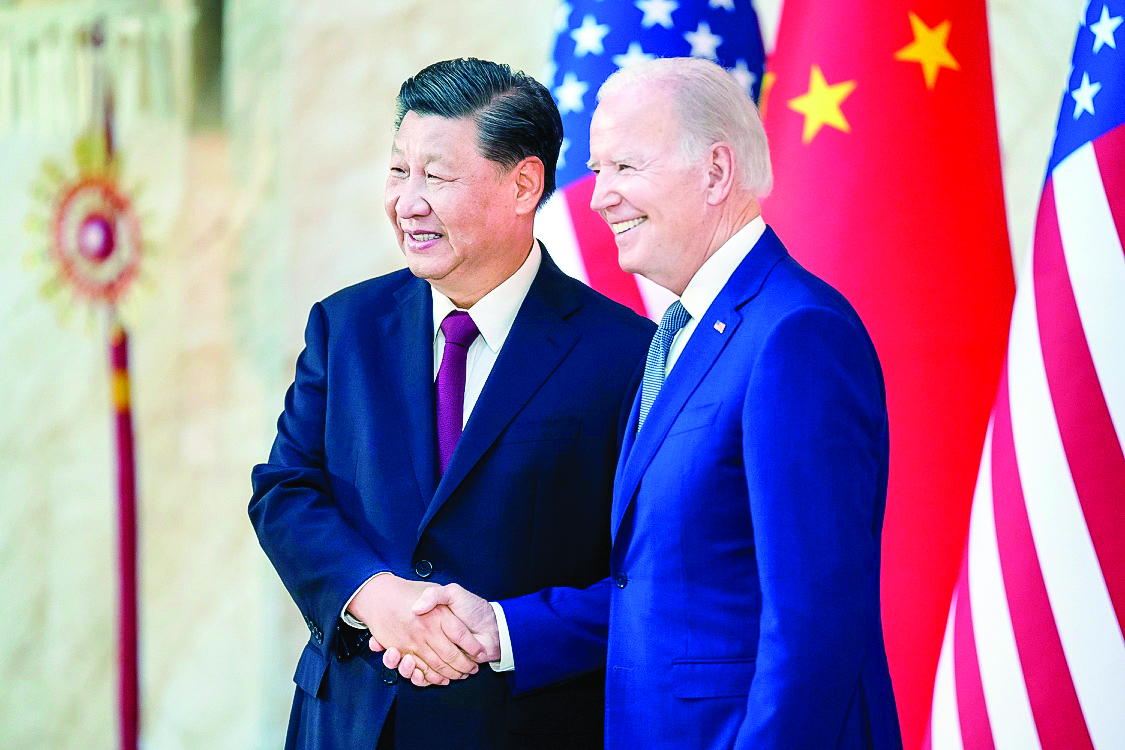At the heart of the futility is the profound ideological chasm between the two nations.
In the ever-evolving landscape of global politics, the relationship between the United States and China remains one of the most critical and complex. Recent discussions between President Joe Biden and President Xi Jinping have been touted as efforts to stabilize and improve bilateral relations. However, despite the high hopes and diplomatic efforts, these talks often seem destined to achieve little more than temporary, superficial gains.
At the heart of the futility lies the profound ideological chasm between the two nations. The United States, with its democratic values and emphasis on individual freedoms, stands in stark contrast to China’s authoritarian regime, which prioritizes state control and collective harmony. These fundamental differences shape each country’s policies and worldviews, making it challenging to find common ground on critical issues such as human rights, governance, and international norms.
The economic rivalry between the US and China is another significant barrier. Both nations are vying for global economic dominance, leading to trade tensions and mutual distrust. The US has imposed tariffs and restrictions on Chinese goods and technology, citing unfair trade practices and national security concerns. In response, China has retaliated with its own measures. These economic conflicts are not easily resolved through dialogue, as both sides are unwilling to make concessions that could undermine their economic interests.
Geopolitical issues further complicate the relationship. The US has been vocal about its support for Taiwan, a self-governing island that China claims as its territory. This stance has led to heightened tensions, with China viewing US actions as interference in its internal affairs. Additionally, disputes in the South China Sea, where China’s territorial claims are contested by several countries, including US allies, add another layer of complexity.
Trust is a crucial component of any successful negotiation, and it is notably absent in US-China relations. Both nations harbour deep suspicions about each other’s intentions. The US is wary of China’s growing global influence and military capabilities, while China perceives US actions as attempts to contain its rise. This mutual distrust makes it difficult to achieve meaningful and lasting agreements.
Domestic politics also play a significant role in the futility of these talks. In the US, there is bipartisan consensus on taking a tough stance against China, driven by concerns over economic competition, human rights abuses, and national security. Similarly, Chinese leadership faces domestic pressures to project strength and resist foreign interference. These internal dynamics limit the flexibility of both leaders in making compromises during negotiations.
While the optics of high-level talks between President Biden and President Xi may suggest progress, the reality is that deep-seated ideological differences, economic rivalry, geopolitical conflicts, lack of trust, and domestic political pressures render these discussions largely ineffective. Until both nations can address these underlying issues, the talks are likely to remain symbolic gestures rather than catalysts for substantial change.
The Dalai Lama’s nephew, Khedroob Thondup is a geopolitical analyst.

